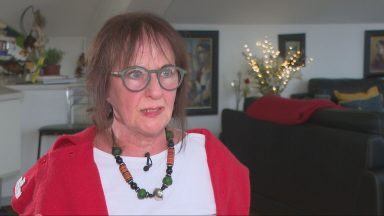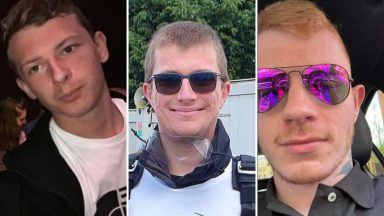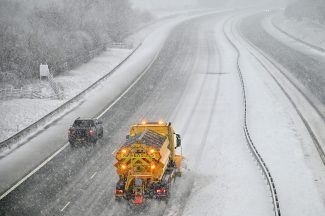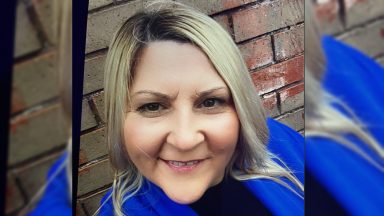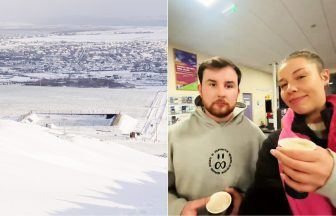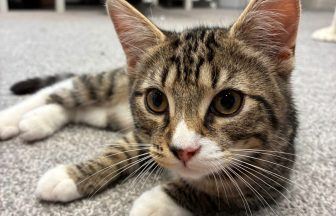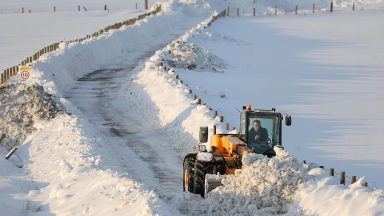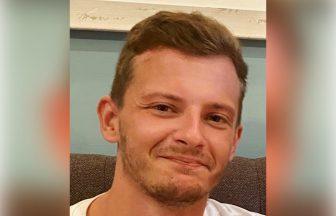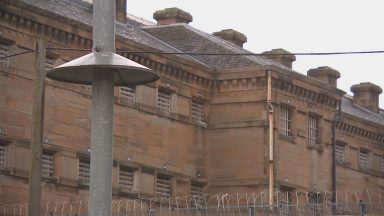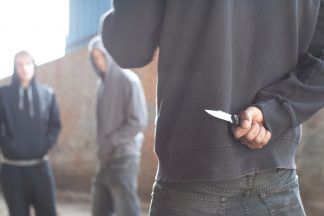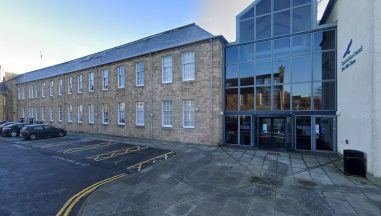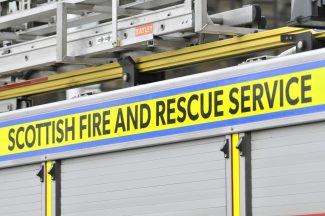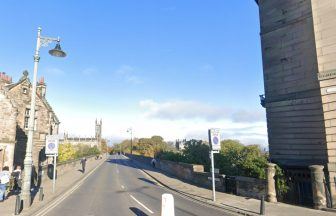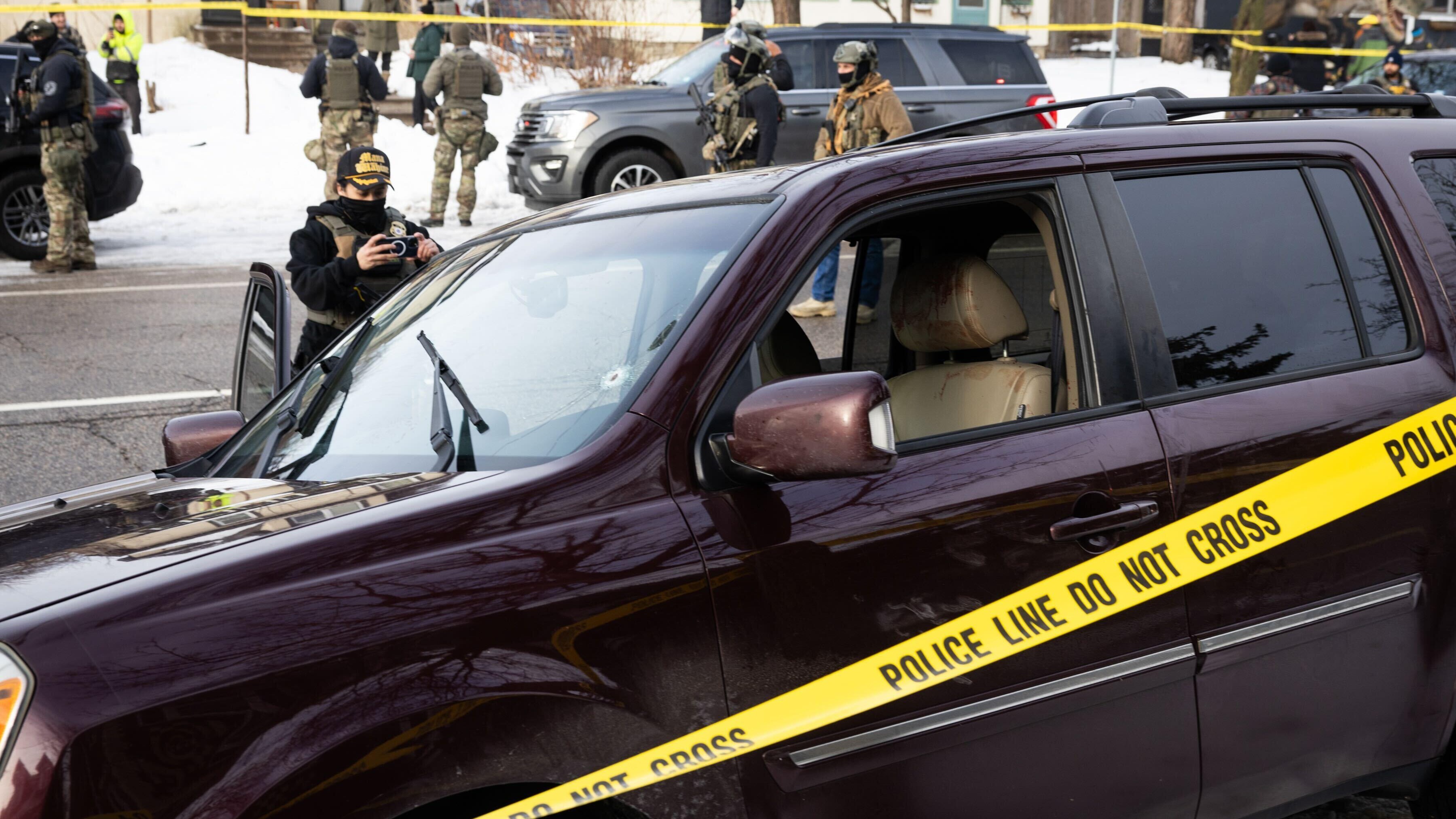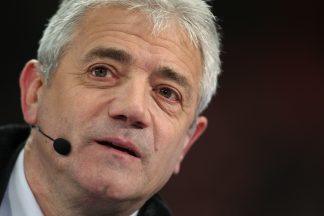A teacher who sexually abused a pupil at a special education school in Fife has maintained his innocence before the Scottish Child Abuse Inquiry, insisting he is “completely innocent”.
Robert Jennings, 70, was convicted in 2021 of one charge of lewd, indecent & libidinous practices and behaviour during his time at the school in the 1980s and 1990s.
He was sentenced to a nine-month restriction of liberty order preventing him from leaving home from 7pm to 7am each day, fined £2,000 and placed on the sex offenders register for five years.
Giving evidence at the Scottish Child Abuse Inquiry (SCAI) on Friday, the maths and PE teacher insisted he did not “experience or witness any abuse at the school” during his time there.
He added that he “didn’t know why anybody would make allegations of abuse” at the school, where he taught in the 1980s and 1990s.
During the inquiry, the pensioner was asked what he remembered about his trial, including whether any evidence was heard relating to offences other than that for which he was convicted.
Inquiry chair Lady Smith asked him: “Do you remember the one woman giving evidence about you touching her under her shirt when she was a child?”
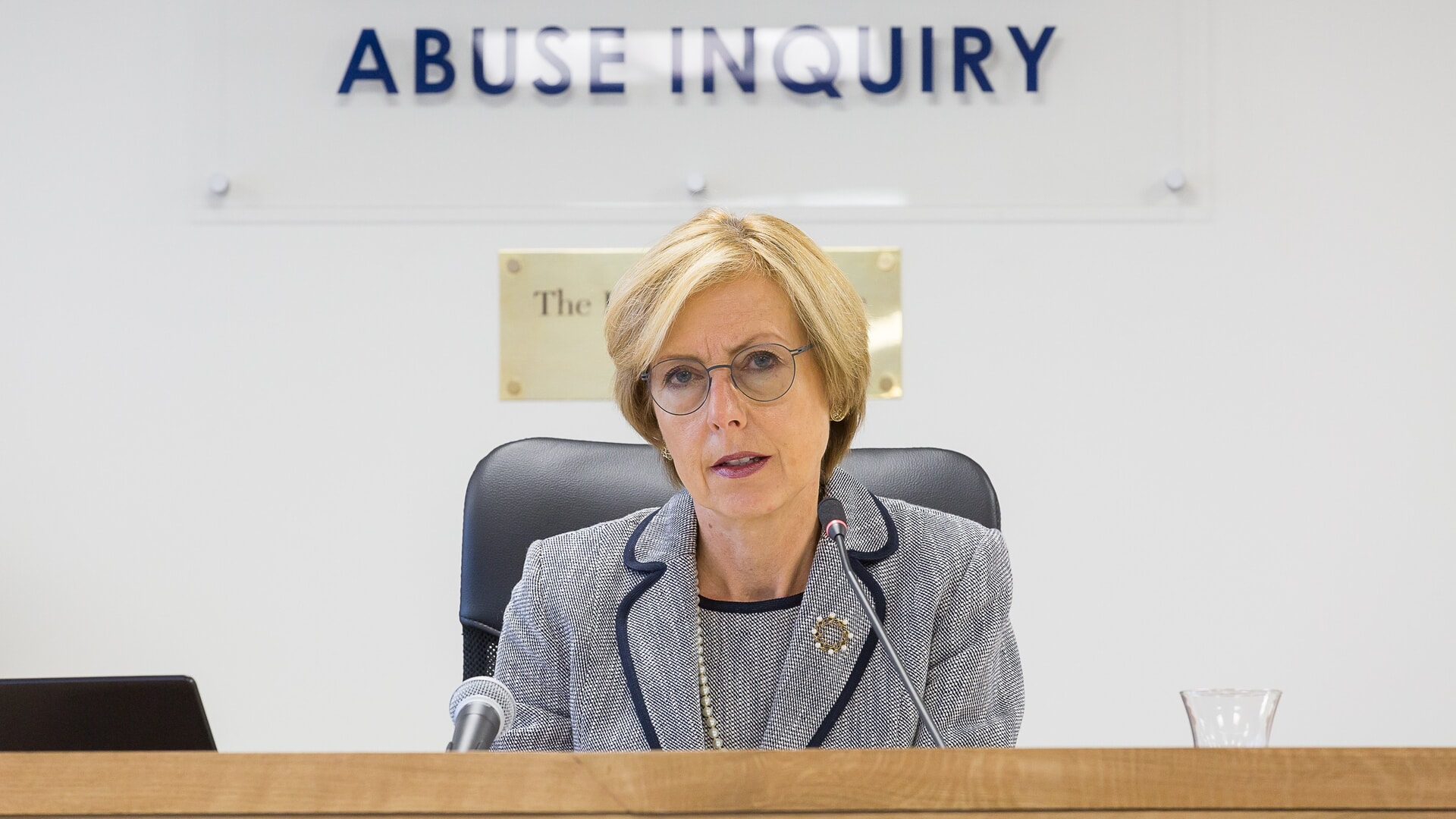 PA Media
PA MediaJennings replied: “All I can say is I don’t. I am innocent of everything. I never touched her.
She pressed him on whether any other witnesses gave evidence in the trial, saying “there must have been “at least two women if not three giving evidence”, but he said he couldn’t remember, adding that he had “pushed it out of (his) mind”.
Finally, Lady Smith asked him: “Do you have an explanation as to why she made the allegations against you?”
“Not at all,” Jennings replied.
Earlier, the inquiry heard evidence from a former senior staff member referred to as “Martin”, who worked at the independent Starley Hall school in Fife for a number of years.
He was given an alias as he was granted anonymity by the inquiry.
Martin was asked about “various allegations” of abusive behaviour that had been made against him by former pupils at Starley Hall, a residential school for children with special educational needs.
These included, the inquiry heard, that he kicked and punched a child who had missed a bus home from a school trip, that he pulled a child out of bed by the legs, and that held a child down in a chair by the arms.
He denied the allegations, saying he never physically assaulted any child during his time at the school, which had up to 39 pupils at any one time.
He also dismissed more general allegations about the school, including that pupils were ever force-fed, or that children who wet the bed were mocked and forced to carry their bedclothes down to the laundry.
He also told the inquiry that complaints made about residential schools are sometimes caused by “misunderstandings”.
“A lot of people wanted to say bad things happened at Starley Hall school,” he said.
“Some people’s lives didn’t turn out as they wanted to them to, and there’s a lot of reasons for that.”
He added: “Some people have been encouraged to make statements and have been in contact with each other and have encouraged each other.”
Martin explained this can lead to people changing how they remember events, and that something that was “dealt with at the time” can come to be described “much more seriously” 20 years later.
He acknowledged this risked sounding “trite” in front of an inquiry set up to look into allegations of child abuse across Scotland.
“It is not dismissing the fact difficult and wrong things happened,” he said, “but I do think some of the stories that have come out have come from people talking to each other and encouraging each other.”
The witness was also asked about how the school maintained discipline, including its policy on the use of restraint for physically disruptive pupils.
He explained that for many years there was no specific standard for restraining pupils, but that this changed when the school had staff trained in the “management of violence” programme.
Developed for dealing with young offenders, the inquiry heard it involved some holds that worked using “pain control” to restrain pupils, with staff pressing on pupils’ pressure points.
Martin said it was the “only course” the school could find, at the time, and the fact it included pain control was one reason why the school changed to a different restraint policy after two years.
The inquiry is investigating abuse in residential settings including boarding schools, religious establishments and foster care.
The inquiry before Lady Smith continues.
Follow STV News on WhatsApp
Scan the QR code on your mobile device for all the latest news from around the country


 PA Media
PA Media

